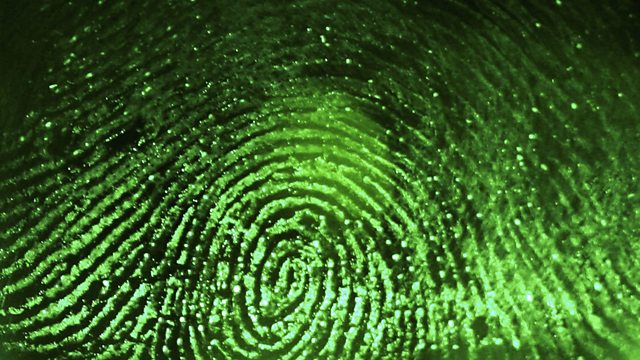10/08/2011
The woman with no fingerprints; the Thai monastery running a controversial detox treatment to cure drug addiction; How cultural beliefs impact the health care Native American Indians receive
“No fingerprint” gene mutation
Normally fingers are covered with a pattern of ridges featuring arches and whorls, but for one Swiss woman, the skin on her fingertips is completely smooth and she has no fingerprints. Eight other people in her family of 16 members also have no fingerprints. After repeated problems going through US immigration, the woman approached a dermatologist to get documentary evidence of her rare condition. He mentioned the case to his good friend Professor Eli Sprecher, who happened to be a geneticist at the Tel Aviv Sourasky Medical Center in Israel. He has been studying the family’s genes and the results of his investigations have just been published in the American Journal of Human Genetics.
Thai monastery detox
Since 1957, monks at the Thamkrabok monastery in Thailand have been offering their own unique treatment for drug addiction. It takes just five days and people are given a combination of more than 100 herb and plant extracts, complemented by steam baths, counselling and meditation. Originally the monks treated local people, but now visitors with substance misuse problems come from various parts of the world including Australia and Europe. But is there any evidence that it works? The charity East-West Detox, which arranges for people from Britain to go to the Thai monastery, has brought out the results of a small pilot study and at first sight the success rate appears high. However many experts in the field are more sceptical, as Martin Vennard reports.
Native American Indian health
Native Americans are the only ethnic group in the USA to have their own federal health service, yet their life expectancy is more than five years lower than the national average and they are five times more likely than other Americans to die from tuberculosis or alcohol-related diseases. There are many reasons for the disparity including economic and educational disadvantages. In addition there can be problems with the healthcare people receive.
It has been identified that there is a need for more Native Americans to be trained as doctors. Amongst other things, this would help bridge the cultural divide between Western medicine and traditional beliefs when it comes to the way the body is thought about and discussed. When Dr Gayle Dine'Chacon trained in the late 1980's she was the only native American in her class at medical school. She is now Director of the University of New Mexico's Center for Native American Health and tells Health Check how cultural beliefs can be a barrier to delivering healthcare.
Last on
Chapters
-
“No fingerprint” gene mutation
The woman with no fingerprints and discovery of the gene mutation behind it. Claudia Hammond speaks to Professor Eli Sprecher
Duration: 04:40
Thai monastery detox
The Thai monastery running a controversial detox treatment to cure drug addiction. Martin Vennard reports
Duration: 05:45
Native American health
How cultural beliefs impact the health care Native American receive. Claudia Hammond speaks to Gayle Dine'Chacon
Duration: 06:26
Broadcasts
- Wed 10 Aug 2011 18:32GMT����ý World Service Online
- Thu 11 Aug 2011 03:32GMT����ý World Service Online
- Thu 11 Aug 2011 10:32GMT����ý World Service Online
- Thu 11 Aug 2011 15:32GMT����ý World Service Online
- Sun 14 Aug 2011 06:32GMT����ý World Service Online
- Sun 14 Aug 2011 23:32GMT����ý World Service Online
Podcast
-
![]()
Health Check
Health issues and medical breakthroughs from around the world.


